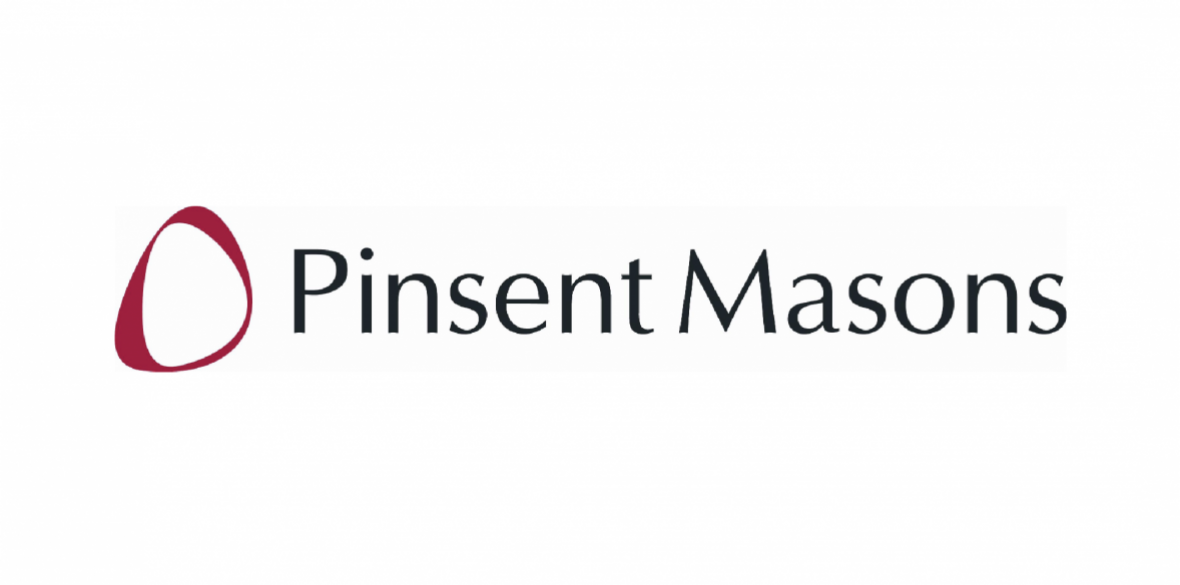This is the last article you can read this month
You can read more article this month
You can read more articles this month
Sorry your limit is up for this month
Reset on:
Please help support the Morning Star by subscribing here
THE official probe into anti-semitism in the Labour Party has been hit by a fresh conflict of interest row, after a second board member at the Equality and Human Rights Commission (EHRC) accepted a paid position at a corporate law firm that represents the Tory government and outsourcing giant Serco.
Suzanne Baxter took up the job at Pinsent Masons in May, joining EHRC chair David Isaac, who is already an equity partner in the firm — which pays him up to £620,000 a year on top of his earnings from the equality watchdog.
Papers from an EHRC meeting that month, which were released following a freedom of information request by the Morning Star, reveal that Ms Baxter had “now taken up a role as an independent member of the board of Pinsent Masons.
“She clarified that, in this role, she would operate entirely independently from David Isaac in his position as a partner at the firm and that he had not been a member of the selection panel responsible for her appointment.”
Her EHRC colleagues then agreed that “this role did not present a conflict of interest.”
However, the revelation throws the relationship between Pinsent Masons and Britain’s official human rights watchdog back into focus at a time when it is conducting its most politically sensitive probe.
In 2015, Mr Isaac was only allowed to become EHRC chair after being grilled by Labour MPs Harriet Harman and Ruth Cadbury.
Ms Cadbury told Mr Isaac: “You are proposing that you are still going to be a partner of PM [Pinsent Masons]; you are still going to be part of that gang, that team, which is proposing to continue working for the government.”
Mr Isaac had to pledge that he would not profit from or participate in Pinsent Masons’ Whitehall work while he chaired the EHRC.
With Ms Baxter now the second commissioner on the corporate law firm’s pay roll, an EHRC spokesman was forced to defend the move, telling the Morning Star: “As a non-executive board member, she is not involved in day-to-day activity of Pinsent Masons’ work and she does not receive profit or bonuses for any client work.”
Although Ms Baxter does receive a “fixed remuneration” for her work with the law firm, the EHRC insisted: “It is not for us to disclose that personal information.”
Andrew Feinstein of Corruption Watch condemned the decision, telling the Star: “Given yet another conflict of interest emerging at the EHRC, it is now incumbent upon the organisation to either end its inquiry into the Labour Party or to extend the inquiry to include anti-semitism and Islamphobia in all political parties.
“Failure to do this will irreparably damage the reputation of this important institution, amid accusations that it is meddling in party politics on behalf of the governing party.”
When asked whether it would investigate the Tories, the EHRC told the Star: “We have received complaints regarding the Conservative Party and are considering them in line with our usual processes.
“As part of our standard process, we wrote to the Conservative Party to ask for information in order to help assess the complaints.
“We have received a response and are considering this alongside the complaints we have received to determine whether any action is needed.”
There is no suggestion of any wrongdoing by Pinsent Masons.

 Phil Miller
Phil Miller









